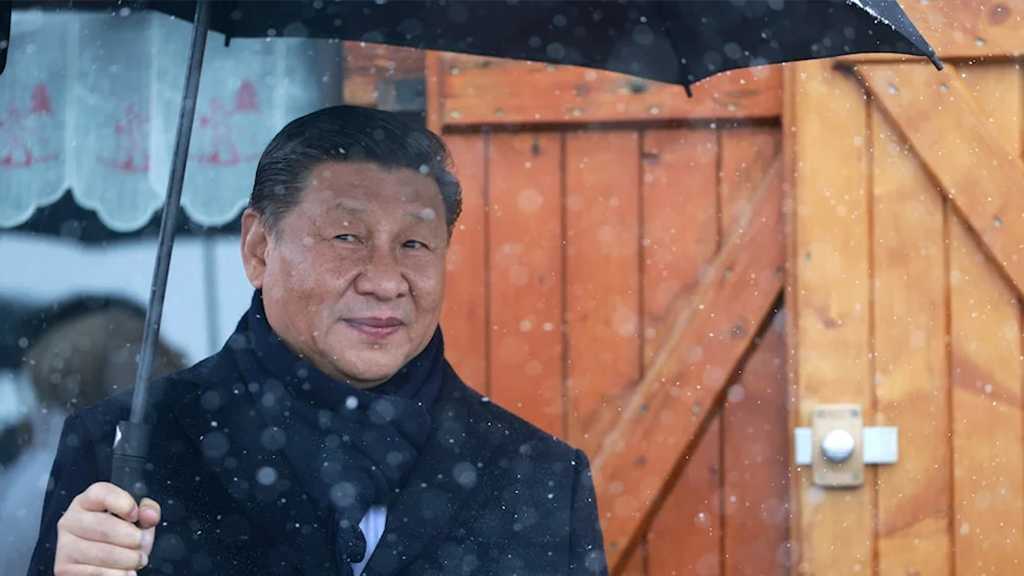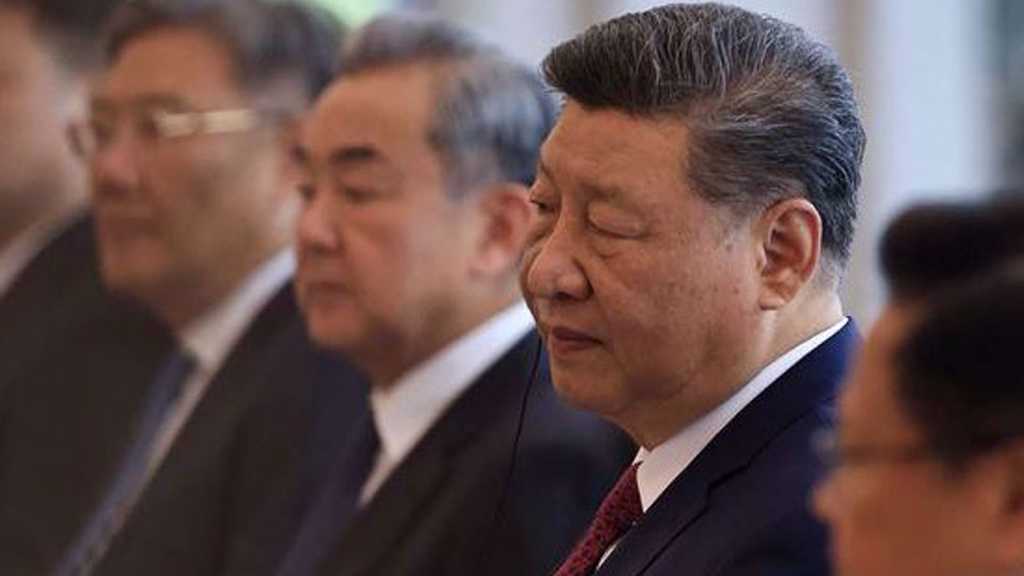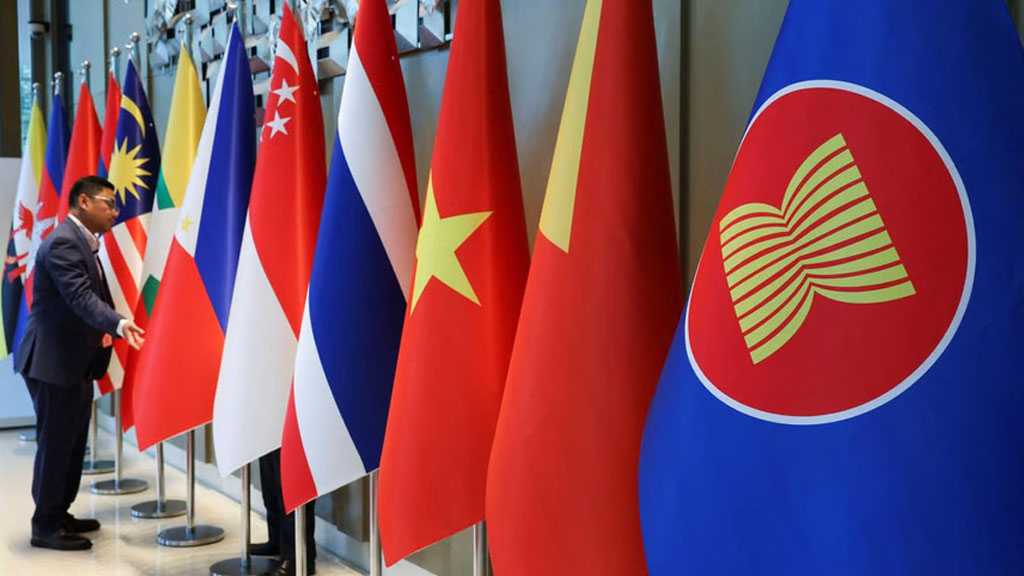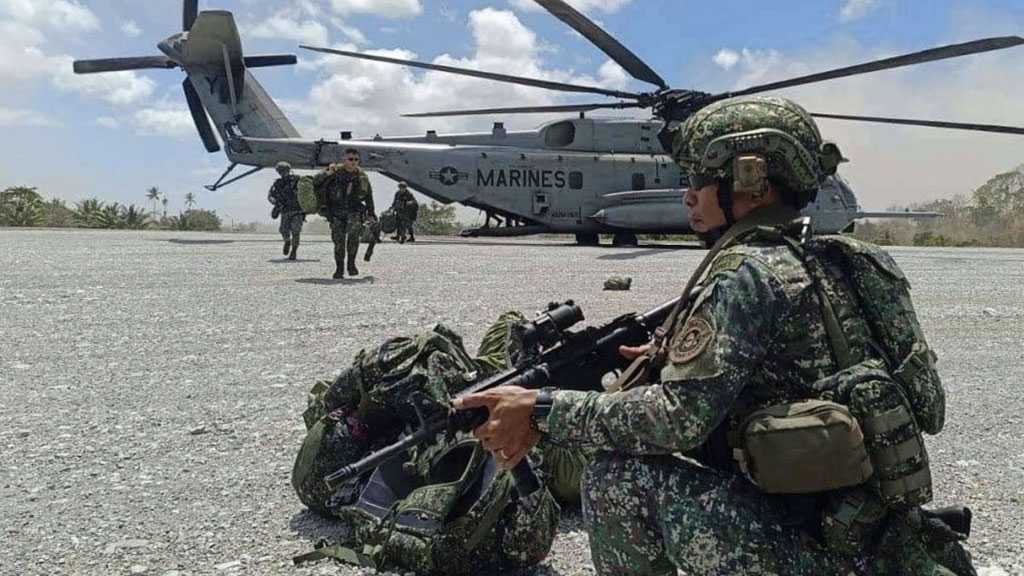Australian Scientist Dismisses Western Media Reports on COVID-19 Origins in Wuhan Lab
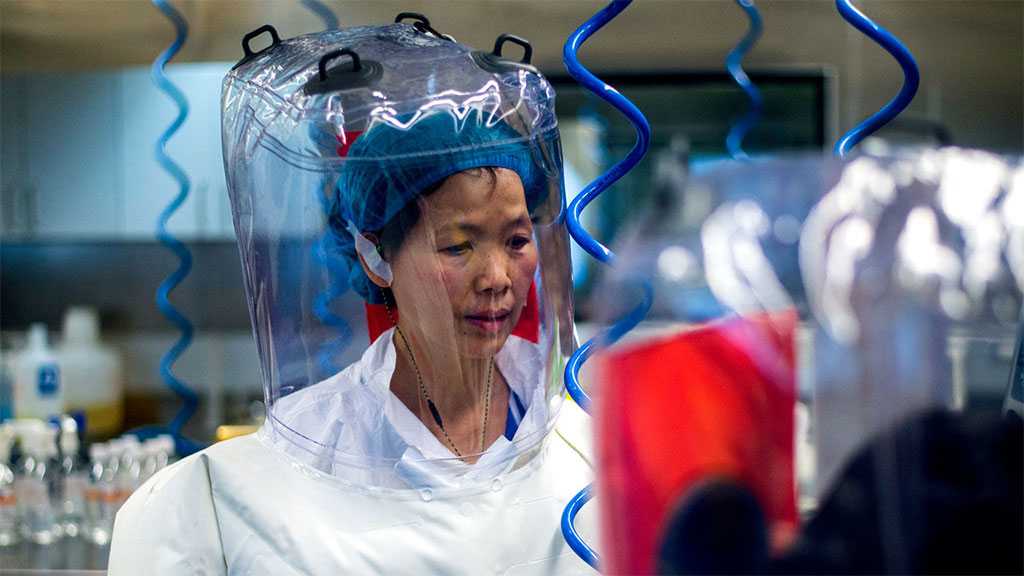
By Staff, Agencies
Australian virologist Danielle Anderson, a foreign scientist who worked at the Wuhan Institute of Virology in China ahead of the outbreak of the COVID-19 pandemic, has dismissed Western media reports about the facility being the source of the outbreak.
Anderson told Bloomberg on Monday that she was impressed with the security at the institute's maximum biocontainment lab.
The virologist added that strict protocols and requirements were in place to contain the dangerous pathogens studied at the facility in contradiction to what some Western media outlets attempted to project. She said all researchers underwent "very, very extensive" 45-hour-long training to be certified to work independently in the lab, working in air-pressure suits.
"It's not that it was boring, but it was a regular lab that worked in the same way as any other high-containment lab […] What people are saying [about the Wuhan lab] is just not how it is," Anderson said.
She said that half-truths and distorted information in the media had impaired people's ability to perceive properly what the laboratory's functions and activities were.
Anderson also said that she had never heard about any of her colleagues becoming sick at any time up until her departure from the lab in November 2019.
The Wall Street Journal in May cited a purported US intelligence report as alleging that three researchers from the Wuhan lab had become sick with symptoms consistent with COVID-19 in November 2019, a month before the outbreak began in China, and that they were hospitalized.
Both the Chinese government and the lab have denied such reports.
Anderson also said that she had heard no word on people having fallen ill at the institute during her meeting with many of her colleagues in Singapore later the same year.
"There was no chatter. Scientists are gossipy and excited. There was nothing strange from my point of view going on at that point that would make you think something is going on here," she said.
"If people were sick, I assume that I would have been sick — and I wasn't," she said. "I was tested for coronavirus in Singapore before I was vaccinated, and had never had it."
Anderson also said she was "not naive enough" to absolutely write off the possibility that the virus spread from the lab but said she still believed that it most likely came from a natural source.
Comments
- Related News

